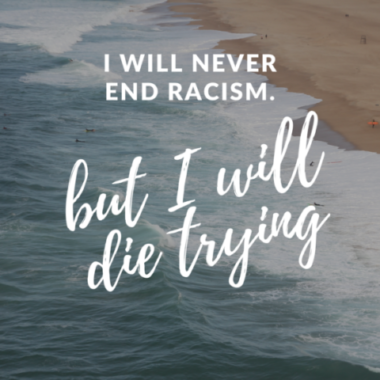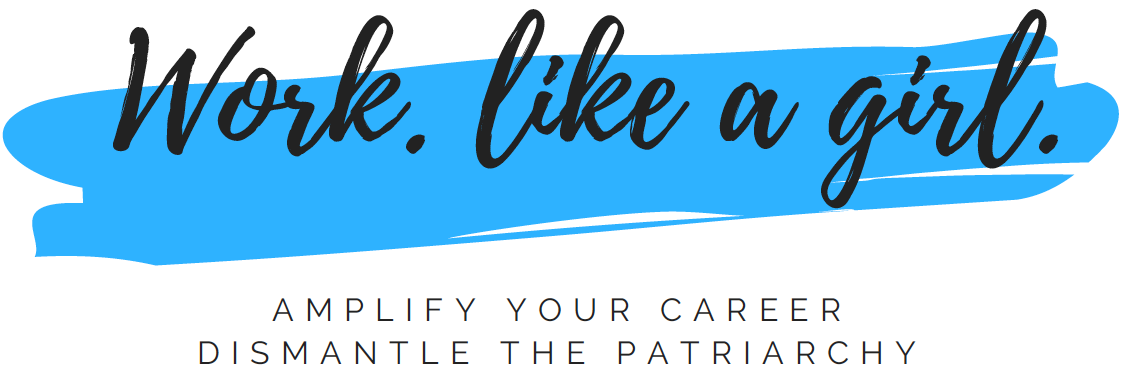As someone who teaches both teaches leadership, team creation and trust, and most importantly to my heart, the power of diversity and inclusion, I think I know a thing or two. But I don’t. The piece of this work that is most humbling, challenging, and ultimately rewarding, is that I am constantly learning.
During leadership training last week, a student was triggered by the term “white privilege.” He demanded I explain the term, arguing it did not exist. He said, we all have obstacles, and we all need to decide whether we chose to overcome them.
In my mind, my first reaction was “racist.”
I attempted to provide him a couple of examples of both male privilege and white privilege (from my limited white vantage point). I realized that he wasn’t listening, and concluded before moving on, “I would invite you to step over the fence and view the situation from your neighbor’s point of view. Empathy is an important tool for leadership.”
Over the course of three days, I learned that this student is a recovering alcoholic, a veteran, a PTSD survivor, and suffers from night terrors and insomnia. He had overcome a lot, kept a lot of pain hidden, and led a team resistant to change and quite entitled. He was brave enough to be vulnerable, share, and truly put his ass where his heart was. He even apologized for the outburst the next day.
I, despite teaching this material, was quick to judge. It was a big lesson on detachment. And having a growth mindset.
I allowed a single comment define someone.
What might have been more impactful was to take my own advice, and ask a question from a detached place, knowing I can’t control someone else’s opinion, but merely provide another viewpoint. Luckily, we were able to have the conversation the next day. We all give words and action a different meaning based on our personal experience. And we do it in a moment. Slowing down, asking what that means to someone, and actively listening is the only way we change the conversation. It’s how we heal. As individuals. As a nation. As a planet. When we do the work, it’s messy. We fail. But we have to be willing to get it wrong, and admit it, in order to get it right.


